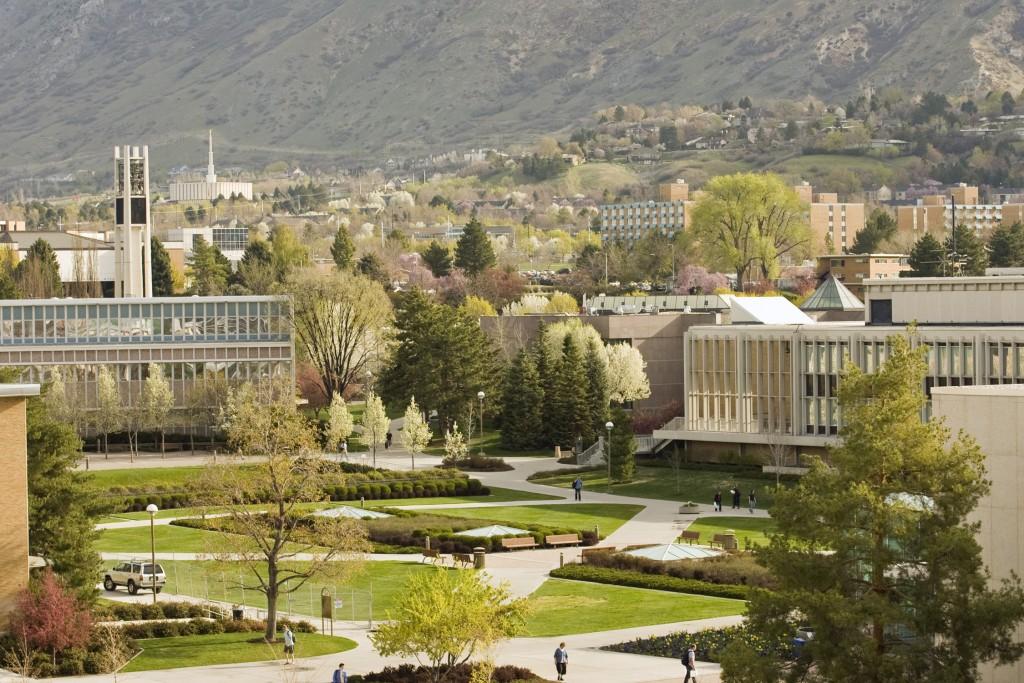Sometimes, the last thing any victim of sexual abuse wants to do is to take the plunge and make their abuse public, especially if they are a student. Anyone will almost certainly be less interested in fighting for justice if they know their professors and schoolmates are going to judge, blame and chastise them for a crime committed by someone who decided to set aside their own humanity.
Earlier this week, Brigham Young University associate dean of students Sarah Westerberg made a statement alluding to the actions BYU will take when a student comes to the University authorities with allegations of sexual abuse or rape. In summary, Westerberg stated that even though Title IX protocol remains separate from the Honor Code and moral values of the school, in reality, if you are caught breaking the honor code during the time of your attack (i.e. being in a boyfriend’s or girlfriend’s room, consuming alcohol, etc.), you will still be subject to strict persecution regardless of Title IX’s protections.
While I recognize the Honor Code is in place for a reason, based off of whatever moral standard the school dotes on so religiously, there comes a point when it’s not so much about respecting the code as demeaning your students. College is an age of adventure. I’m not, by any means, condoning raging parties, crazy and dangerous stunts or small acts of vandalism, but hanging out in your college boyfriend’s room to watch a movie? Not so crazy. It’s simple psychology — by placing the idea in the heads of young adults that they cannot be around the opposite sex without engaging in activities that would break BYU’s “moral rules,” the chances of these activities taking place increase.
A thorough level of investigation and the consequent punishment involving a crime like sexual abuse or rape, which tend to be carried out by repeat offenders, is not present under circumstances like those seen at BYU, where the honor code apparently supersedes the freedom of students to make known their abuse. In a situation in which those who have the power to help abused students get the medical treatment and emotional support they need but refuse to do so, not only do the perpetrators receive reinforcement (by not being punished), but we as a collective elide basic justice. These actions play into the social stigma of the dehumanized representation of big companies and institutions, from whom we crave empathy and support for those abused. This ultimately makes the lives of those who have been affected so much harder. Without a trusting group of faculty and administrators students can confide in, who’s to say what else the community might sweep under the rug?


